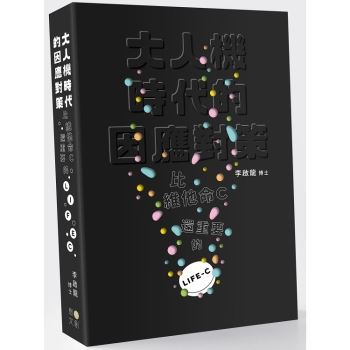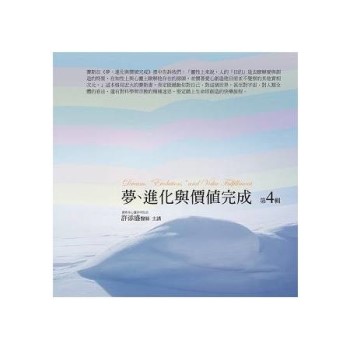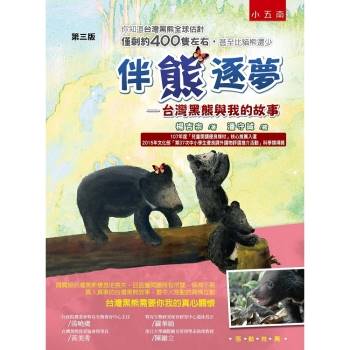The comparison of current theoretical approaches to Dante, particularly those mobilizing the resources of theology, serves to adumbrate and illustrate, by application to Dante studies as a specific field of scholarship, the author’s own philosophy of culture and the humanities
| FindBook |
有 1 項符合
Dantologies: Theoretical and Theological Turns in Dante Studies的圖書 |
 |
Dantologies: Theoretical and Theological Turns in Dante Studies 作者:Franke 出版社:Routledge 出版日期:2024-12-18 語言:英文 規格:平裝 / 274頁 / 普通級/ 初版 |
| 圖書館借閱 |
| 國家圖書館 | 全國圖書書目資訊網 | 國立公共資訊圖書館 | 電子書服務平台 | MetaCat 跨館整合查詢 |
| 臺北市立圖書館 | 新北市立圖書館 | 基隆市公共圖書館 | 桃園市立圖書館 | 新竹縣公共圖書館 |
| 苗栗縣立圖書館 | 臺中市立圖書館 | 彰化縣公共圖書館 | 南投縣文化局 | 雲林縣公共圖書館 |
| 嘉義縣圖書館 | 臺南市立圖書館 | 高雄市立圖書館 | 屏東縣公共圖書館 | 宜蘭縣公共圖書館 |
| 花蓮縣文化局 | 臺東縣文化處 |
|
|
內容簡介
作者簡介
William Franke is a philosopher of the humanities, a Dante scholar, and a professor of comparative literature at Vanderbilt University. He has also been professor of philosophy at the University of Macao (2013-16), Fulbright Distinguished Chair in Intercultural Theology at the University of Salzburg (2005-06), and Alexander von Humboldt-Stiftung research fellow at Potsdam University (1994-95). In 2021, he became Honorary Professor (Professor Honoris Causa) of the Agora Hermeneutica. Franke’s apophatic philosophy is conceived and expounded in On What Cannot Be Said (2007) and A Philosophy of the Unsayable (2014). It is extended into a comparative philosophy of culture in Apophatic Paths from Europe to China (2018) and applied to address current controversies in education and society ranging from identity politics to cognitive science and media studies in On the Universality of What Is Not: The Apophatic Turn in Critical Thinking (2020). As a philosopher of the humanities with a negative theological vision, Franke elaborates a theological poetics in books including Dante’s Interpretive Journey (1996), Poetry and Apocalypse: Theological Disclosures of Poetic Language (2009), Dante and the Sense of Transgression: "The Transgression of the Sign" (2012). He traces the ramifications of Dante’s theological poetics forward in modern poetry (Secular Scriptures: Theological Poetics and the Challenge of Modernity, 2016) and backward toward Dante’s own sources (The Revelation of Imagination: From the Bible and Homer through Virgil and Augustine to Dante, 2015). His book Dante’s Paradiso and the Theological Origins of Modern Thought: Toward a Speculative Philosophy of Self-Reflection (2021) received the Hermes Award: Book of the Year in Phenomenological Hermeneutics from The International Institute for Hermeneutics (IIH). It is cited along with Franke’s two other speculative monographs revolving around Dante published in the same year: The Divine Vision of Dante’s Paradiso: The Metaphysics of Representation (2021) and Dante’s Vita Nuova and the New Testament: Hermeneutics and the Poetics of Revelation (2021).
Adorno’s Gamble: Harnessing German Ideology
The Dialectics of Absolute Nothingness: The Legacies of German Philosophy in the Kyoto School
The Collapse of Freedom of Expression: Reconstructing the Ancient Roots of Modern Liberty
Aristotle’s Discovery of the Human: Piety and Politics in the Nicomachean Ethics
Heidegger: An Introduction
Black Divinity Institutes of the Black Theocracy Shahidi Collection Vol 1 [Remastered]
Bacteria to AI: Human Futures with Our Nonhuman Symbionts
Pink: The History of a Color
The Purpose of the Papacy
|











